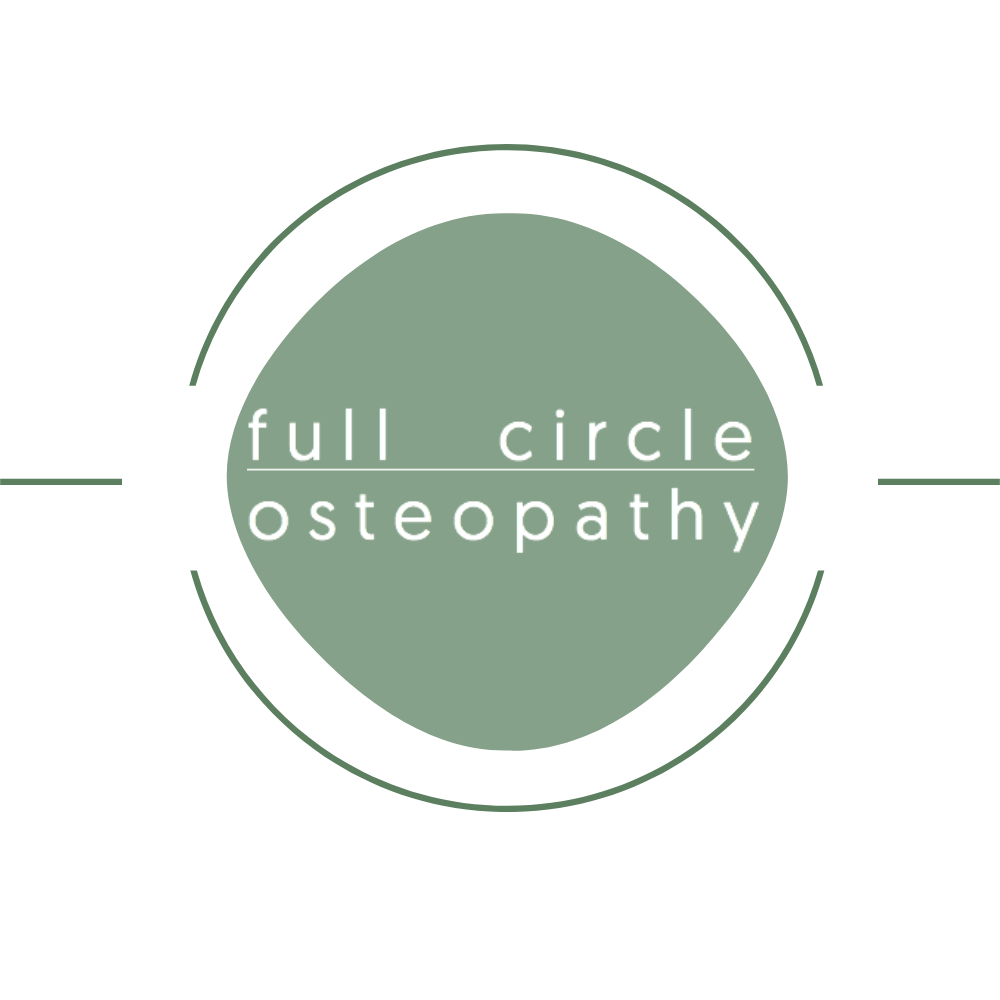Injury blog: Shoulder impingement
Suffering from shoulder pain? Lucky for you that our December blog is all about shoulder pain… We’re good like that! As osteopaths, shoulder pain is up there as one of the most common complaints we treat, after lower back and neck pain. Office workers, gym goers and overhead sports people, such as basketballers and netballers are all regular victims of shoulder pain.
A common shoulder complaint that we see is shoulder impingement, otherwise known as subacromial impingement. Say ‘shoulder’ and most people think of a ball and socket joint. This joint does indeed make up a large part of the shoulder, but there is much more to it than that. Over the top of the ball and socket joint sits a bony ‘bridge’ which is made up of the collar bone (aka the clavicle), shoulder blade (specifically the ‘acromion’ part of the shoulder blade) and a joint which connects the two (aptly named the ‘acromio-clavicular’ joint). Beneath the bridge and above the ball and socket joint is a small gap called the sub-acromial space (sub = underneath).
It is within this space that the abovementioned impingement occurs and if present, may cause pain when moving the arm.
Why does impingement occur?
Well, there are quite a few soft tissues which run through this space that help keep the shoulder functioning. These parts include the tendons of the biceps and one of the rotator cuff muscles, a ligament and a fluid-filled sac called a ‘bursa’. Bursi allow smooth, frictionless movement around joints and can be found all over the body. Any of these body parts can be involved in shoulder impingement if they become inflamed. Repeated, overhead arm use in throwing sports, or chronic poor positioning of the shoulder and posture in desk workers can lead to these soft tissues becoming irritated and inflamed. For example, a cricketer who spends a large part of their career throwing a ball could lead to increased stress placed on the rotator cuff tendon that passes through the space, leading to inflammation, wear and tear, and poor movement. This then has a direct effect on other surrounding structures, so a person may end up with an inflamed bursa too.
Signs and symptoms
When someone has shoulder impingement, they may experience any or all of the following:
• Pain when moving the arm (e.g. our cricketer above may feel pain when throwing)
• Decreased range of motion in the shoulder
• Weakness when using the arm on the affected side
• Reduced ability to perform everyday tasks such as reaching up high in a cupboard, doing up a bra, putting on a coat or holding/lifting a child
Get to the osteo quick sharp!
If you want to get on top of your shoulder pain quickly, then we recommend a trip to see us here at Full Circle Osteopathy. After some thorough questioning and assessment, we will work out what lifestyle or movement factors are responsible for your pain. We’ll get to work with our hands straight away. Using a combination of soft tissue massage, joint mobilising, and many other techniques, we will aim to reduce your pain and get you moving better. Someone with a shoulder problem nearly always has an issue related to neck or back movement, so don’t be surprised if we go looking further afield on the body for answers to your problem.
If you are a thrower, we may ask you to demonstrate a throw so we can see how you are moving (don’t worry, we won’t ask you to do this if you are in acute pain). Likewise, if you are a desk worker, we may ask to look at your desk set up and sitting posture. Getting you to take a photo of yourself at your desk is often helpful for us to see if you need to make some changes that may be affecting your posture day-to-day. When it comes to any lifestyle advice, whether it’s the hobbies you have or the way you sleep, we’ve also got you covered!
We pride ourselves on awesome treatment, but shoulders are often tricky to treat, and some cases may take longer than others. To ensure you get back on the right path as quick as possible, always follow our advice between treatments, and please do your exercises! If you have weakness somewhere which is leading to your pain, a few treatments are not going to resolve this. Weakness and instability need strengthening, and strength takes time to build. Consistency is key with exercise. We will educate you on what you need to do, but you need to be the one to do it at the end of the day. It’s a team effort. We know it’s hard to keep motivated, but rest assured we will always be there on those days when you need a hand!
If you have shoulder pain, then don’t stand on ceremony, book an appointment today by contacting our clinic on 0452 249 379 or by visiting our website here. We’ll have you back throwing balls from the boundary quicker than you can say howzat! And if you have no idea what howzat means, then we suggest you ask the audience or phone a friend! ;-)
References:
1. Brukner, P. and Khan, K. 2017. Clinical Sports Medicine. 5th ed. McGraw Hill Education : Australia
2. Umer, M. et al. 2012. Subacromial impingement syndrome. Orthopedic Reviews. 4 (2). e18. https://www.ncbi.nlm.nih.gov/pmc/articles/PMC3395987/
3. Bennett, S. et al. 2017. The use of osteopathic manual therapy and rehabilitation for subacromial impingement syndrome: A case report. Explore. 13 (5). 339-343. https://www.sciencedirect.com/science/article/abs/pii/S1550830717300149

